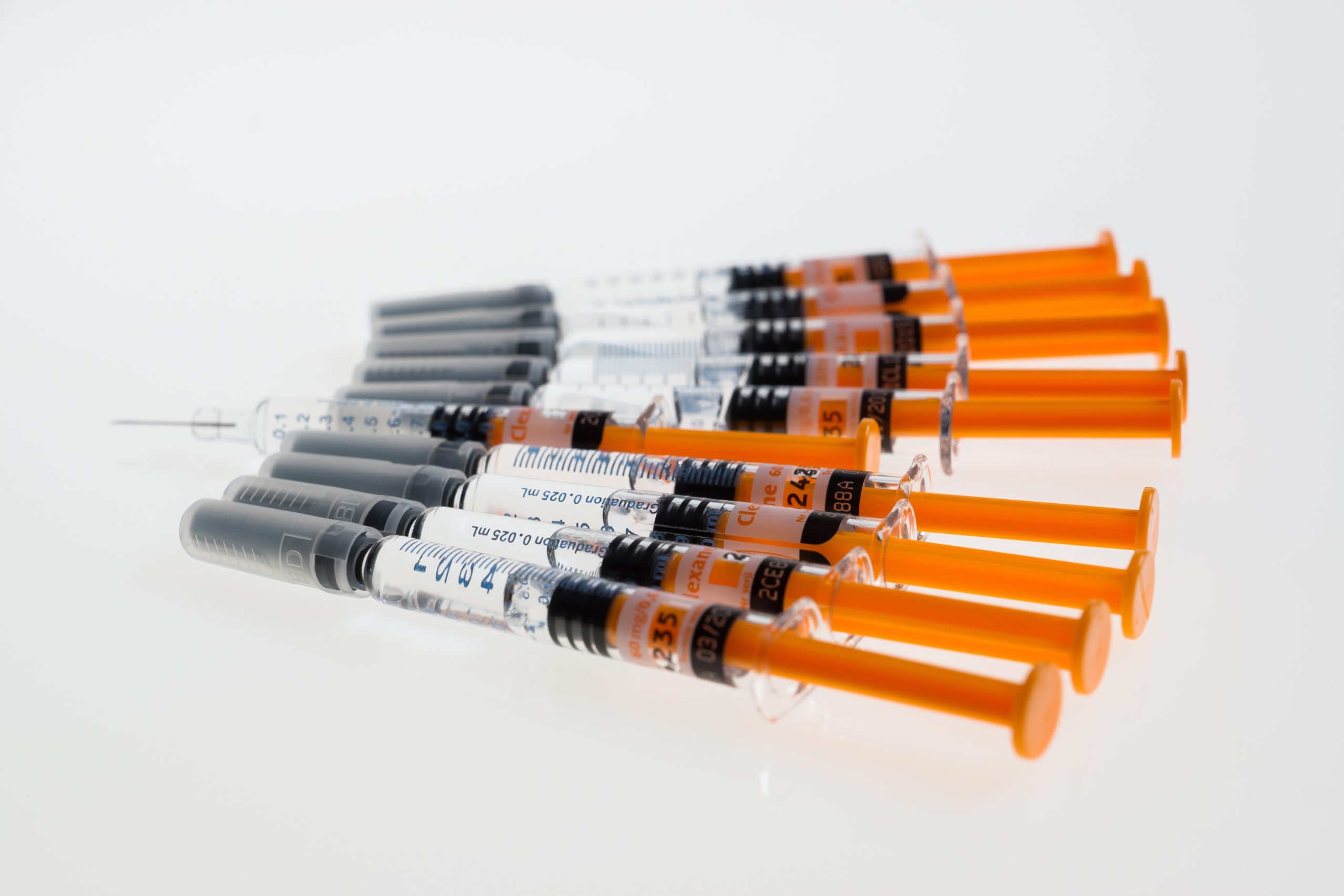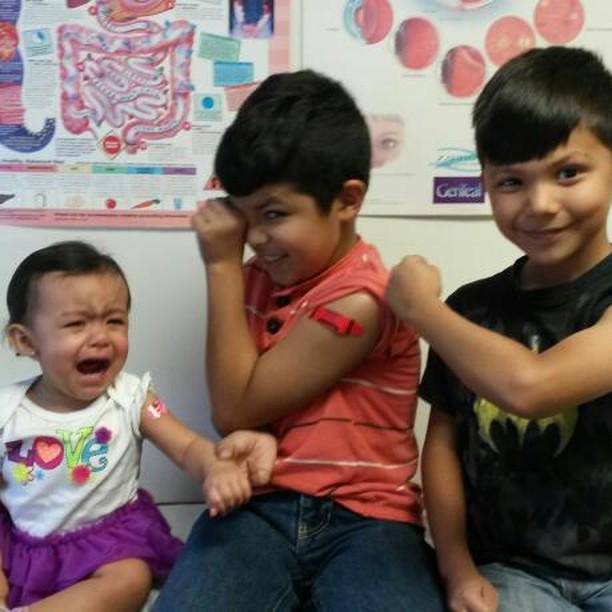 View Winners →
View Winners → Are Medical Exemptions Why Some Pasadena Schools Have Low Vaccine Rates?


New state vaccination laws will require state oversight of medical exemptions provided by physicians and or surgeons and closely monitor schools that reflect low state required immunization rates. – Photo by Alex Cordero / Beacon Media News
By Alex Cordero
Governor Gavin Newsom and the State Legislature recently approved a vaccination law enforcing new restrictions on medical exemptions that permit students to continue to attend schools without having all state required vaccines.
The vaccine law comes as a result of California’s highest measles outbreaks reported in recent years, including a total of 67 measles cases as of September 2019, according to the California Department of Public Health.
The governor amended vaccine medical exemption requirements on a separate bill reinforcing previous requirements under the vaccine bill while easing other restrictions.
Per the bill text—SB 714 under section 1— “Commencing Jan. 1, 2020, a child who has a medical exemption issued before Jan. 1, 2020, shall be allowed continued enrollment to any public or private elementary or secondary school, child care center, day nursery, nursery school, family day care home, or development center within the state until the child enrolls in the next grade span.”
The bill continues under section 2, “By Jan. 1, 2021, the department (Department of Public Health) shall create a standardized system to monitor immunization levels in schools and institutions,” and also “monitor patterns of unusually high exemption form submissions by a particular physician and surgeon.”
EdSource is a website that tracks immunization levels at schools nationwide. Per their website, the average vaccine rates in Pasadena schools track a 95%-98%, except for Madison Elementary which reflects an 89% for the 2018-2019 school year. Was it due to medical exemptions?
We reached out to the Public Information Officer at PUSD, Hilda Ramirez Horvath, to confirm the validity of the information presented by EdSource on the low vaccine rate at Madison Elementary compared to all the other schools in the district. We also asked if the low rate could be due to vaccination exemptions.
“The 89% vaccination rate posted on the state website for last year is correct. The rate is attributed to the timely collection of immunization records at the time of registration,” Horvath Clarified.
Per Horvath, 90% of Madison students are considered “socio-economically disadvantaged” which means the majority of students qualify for free or reduced meals, or have parents and or guardians with limited education levels.
We also asked what PUSD is doing to try and improve the immunization rates at Madison Elementary. “This year, we are projecting that the vaccination rate at Madison will be at about 94% due to improvements in support for families in obtaining up-to-date immunization records. A dedicated staff person who works with families to support student learning year-round now also supports families at the time of registration when immunization records have to be presented. This is especially important for students who may be homeless as defined by the McKinley-Vento Act. PUSD’s Center for Student & Family Services (which includes Families in Transition) moved to Madison last year and is also providing support for families year-round, including at registration and in obtaining medical and health services required for up-to-date immunization records.”
The new vaccination bill will require the Department of Public Health to “annually review immunization reports from schools and institutions to identify schools with an overall immunization rate of less than 95%,” the bill continues to state that the department will also review schools and institutions that do not report vaccination rates to the department.







































































































